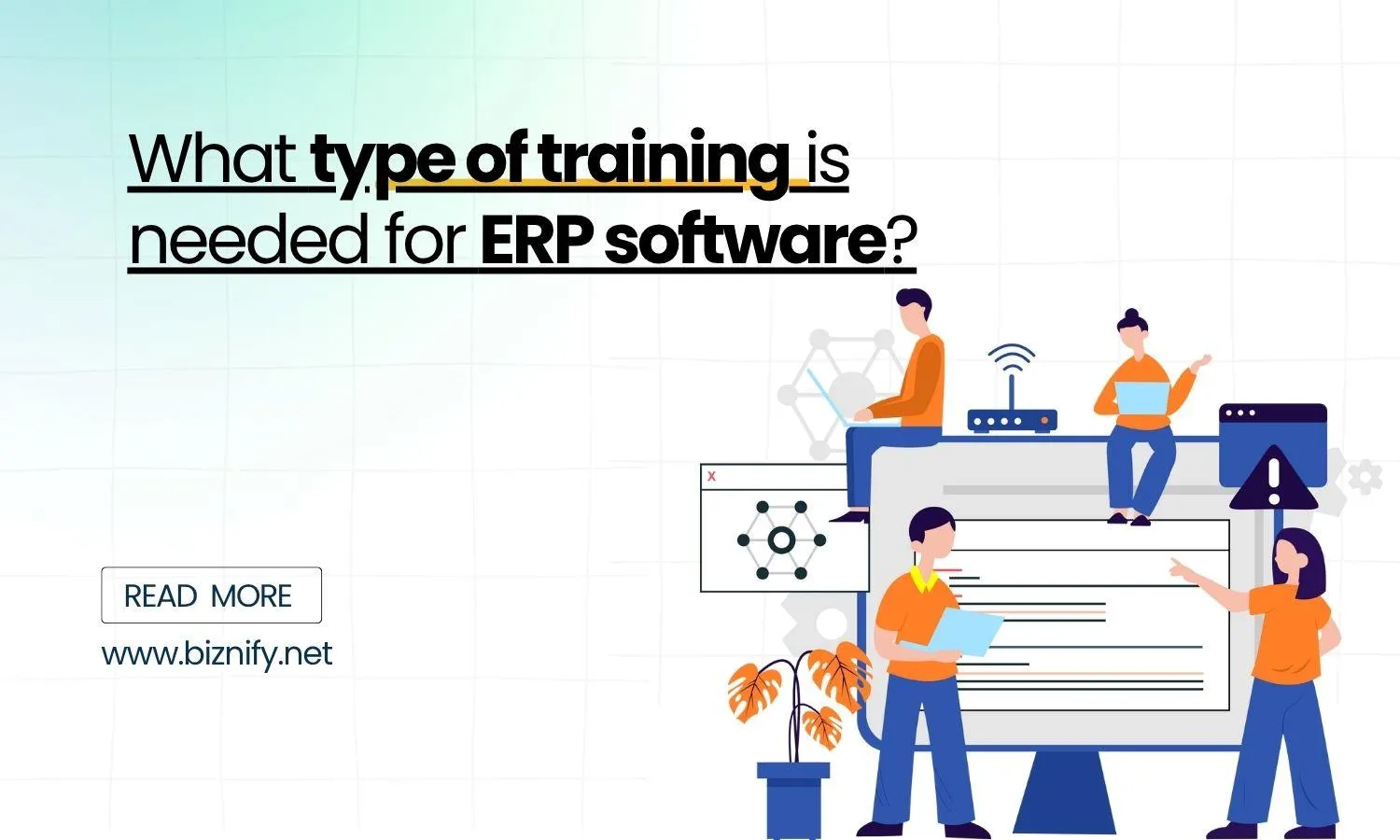
You’ve bought an ERP software. It promises better control, faster reporting, and fewer mistakes. But there's a catch the team doesn’t know how to use it.
This is where most businesses in Bangladesh struggle. The software is ready. The setup is done. But the staff still go back to paper or spreadsheets. Why? Because no one explained how to actually use the system in their daily work.
ERP training isn’t about learning software. It’s about helping people understand how to use the system to do what they already know but in a better, more organized way.
Let’s look at what that training really needs to include.
In many businesses, ERP training is rushed. One day, someone arrives, opens a projector, and shows how the system works. They talk about modules, features, dashboards. It all sounds impressive. But the moment the training ends, confusion begins.
The problem is simple: real users don’t need to know everything about the ERP. They just need to know how to do their part how to enter a sale, update stock, approve attendance, or pull a report.
That’s why effective ERP training doesn’t try to explain everything. It focuses on showing each person how to use the system for their specific role.
People don’t learn well by listening to a lecture about features. They learn by doing things they already understand, but with the system guiding them.
For example, the sales manager shouldn’t be shown how to run payroll. They should be taught how to check sales reports, update customer records, and approve returns. In the same way, the warehouse staff should learn how to scan stock and update delivery status not how to generate income reports.
Training works best when it uses live data, real products, and actual tasks. Not examples from a demo file. This makes the ERP feel useful from day one, not like a new problem to deal with.
In tools like Biznify, this becomes easier because the interface is built around task flow. Instead of opening dozens of menus, users see what they need and only that. So training becomes faster, and fewer people feel overwhelmed.
One of the biggest training mistakes is gathering everyone HR, finance, sales, logistics into one room and showing them the same thing. Different roles need different screens, different workflows, and different permissions.
When people are shown features they’ll never use, they tune out. Then, when their actual job needs to be done, they forget what to do or do it wrong.
Instead, schedule small group training sessions. Give each department its own walk-through. Let them ask questions. Let them try. Keep the explanations short, and repeat important steps more than once.
This way, no one feels lost. Everyone knows what’s expected. And the system becomes part of their daily routine not a burden.
In Bangladesh, many businesses have staff who are not familiar with advanced software. They may not speak English fluently. They may use smartphones, but rarely touch laptops. They may ask, “What happens if I press the wrong button?”
You don’t solve this by forcing them to learn accounting terms or teaching software theory. You solve this by keeping things simple, offering instructions in Bangla if possible, and using step-by-step examples.
If someone can write a bill by hand, they can learn to create one in an ERP as long as the system helps instead of confuses. And that’s what systems like Biznify aim to do. They reduce the learning curve with clear menus, clean screens, and mobile-friendly access.
This helps field staff, warehouse workers, and non-office employees feel comfortable using the system without needing full computer training.
Even after a solid training session, people forget. That’s normal. What matters is what comes next.
There should be follow-up sessions, even short ones. There should be a support contact inside the team, someone who’s trained a bit more deeply. This person becomes the go-to for small questions like “How do I fix this?” or “Why is the report blank?”
In some companies using Biznify, this role is given to a team lead at each location. These leads help their branch stay on track without calling the IT department every time something goes wrong. That kind of internal support makes a huge difference in how well the ERP is used long-term.
Most people want to do their job well. They don’t avoid using ERP because they’re lazy, they avoid it because they’re unsure. They don’t want to make mistakes. They don’t want to get blamed for breaking something.
Good training removes fear. It shows that mistakes can be fixed. That data can be edited. That help is available.
Once staff feel safe using the system, they’ll use it more. And when they use it more, the business runs better.
ERP software only works if people use it. And people will only use it if they understand it. And they’ll only understand it if the training speaks their language literally and practically.
So what type of training is needed for ERP software?
The kind that teaches real work, not features. The kind that’s focused, role-based, and repeated. The kind that helps people feel in control, not left behind.
If your team is getting ready to adopt an ERP system, or if you've already started and training hasn’t gone well don’t panic. You don’t need to restart everything. You just need to adjust how people are being shown the system. ERP training plan explains how to build a better ERP training plan from scratch.
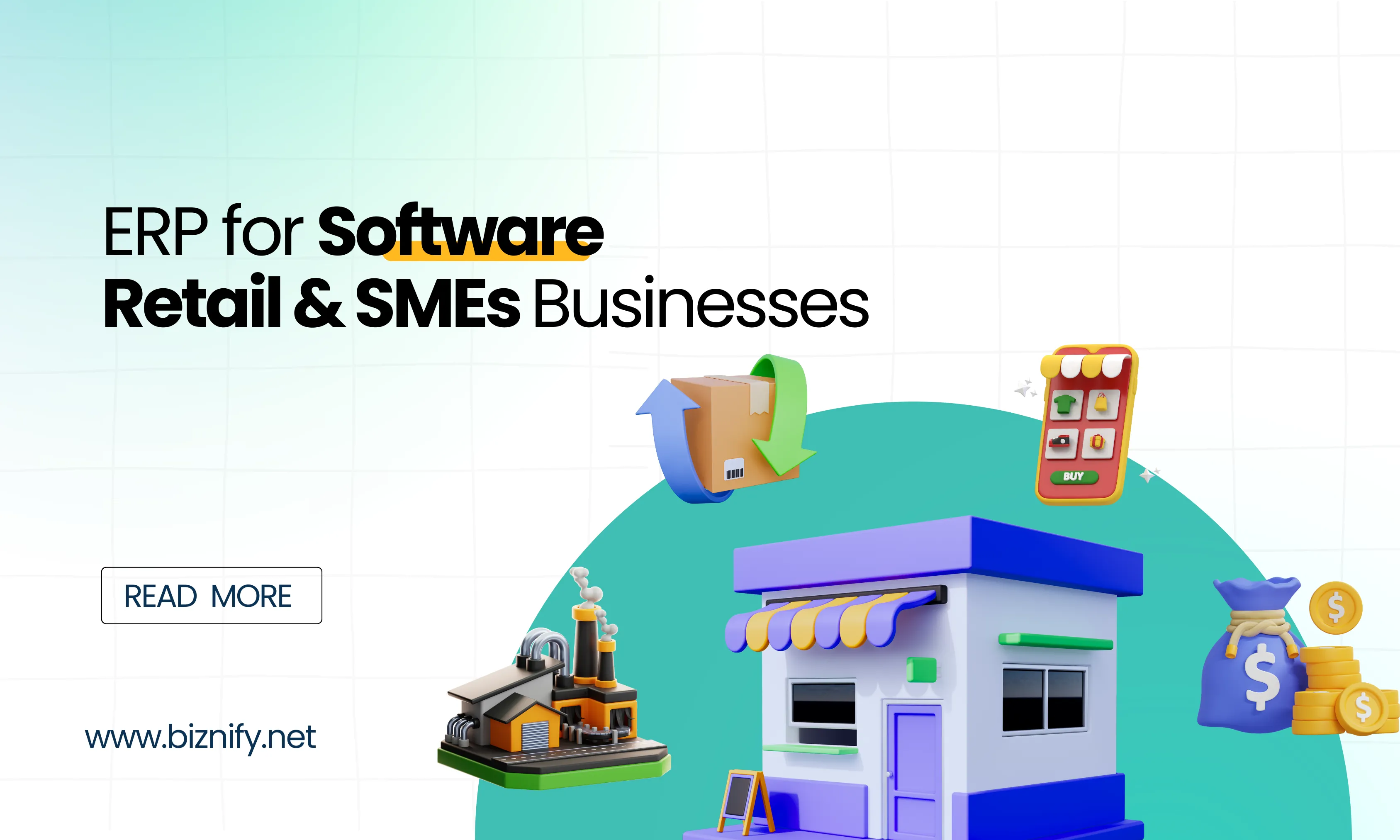
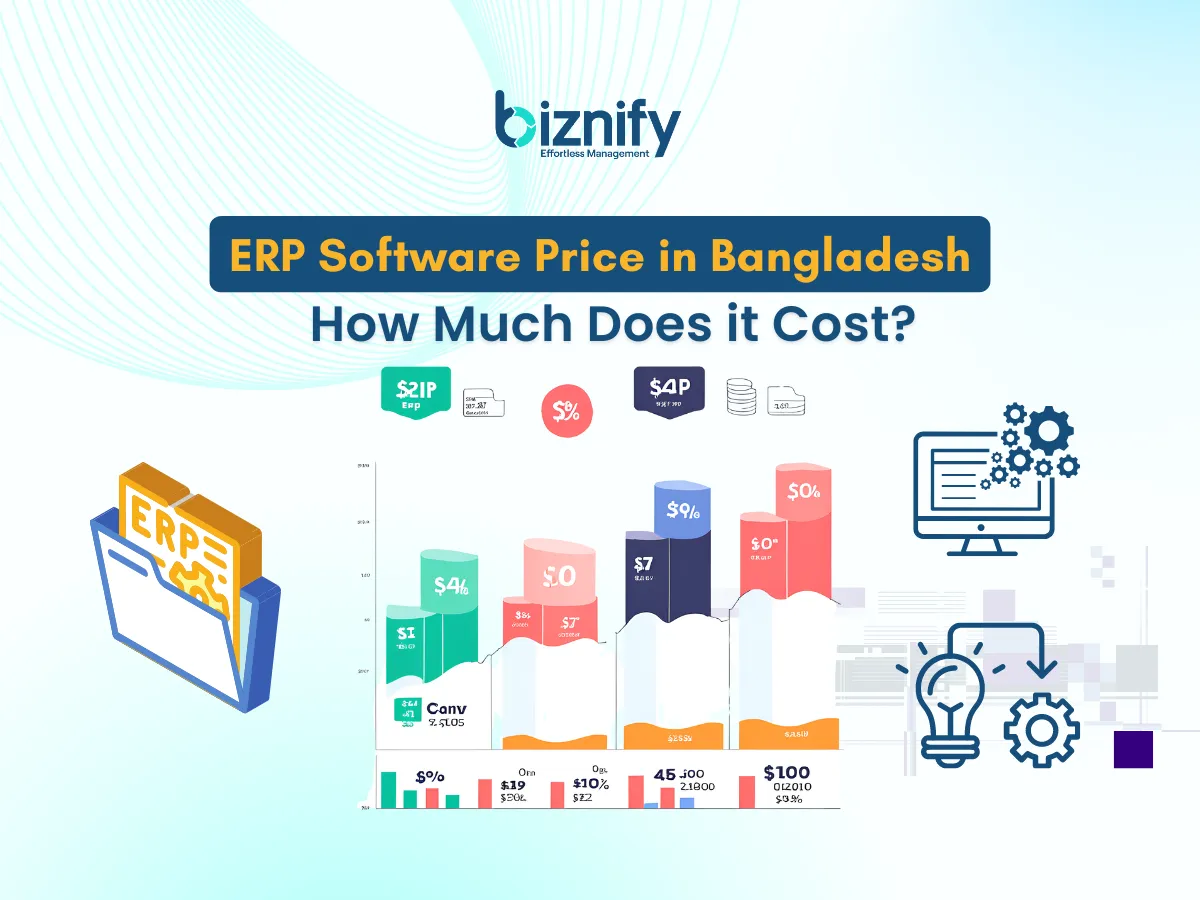
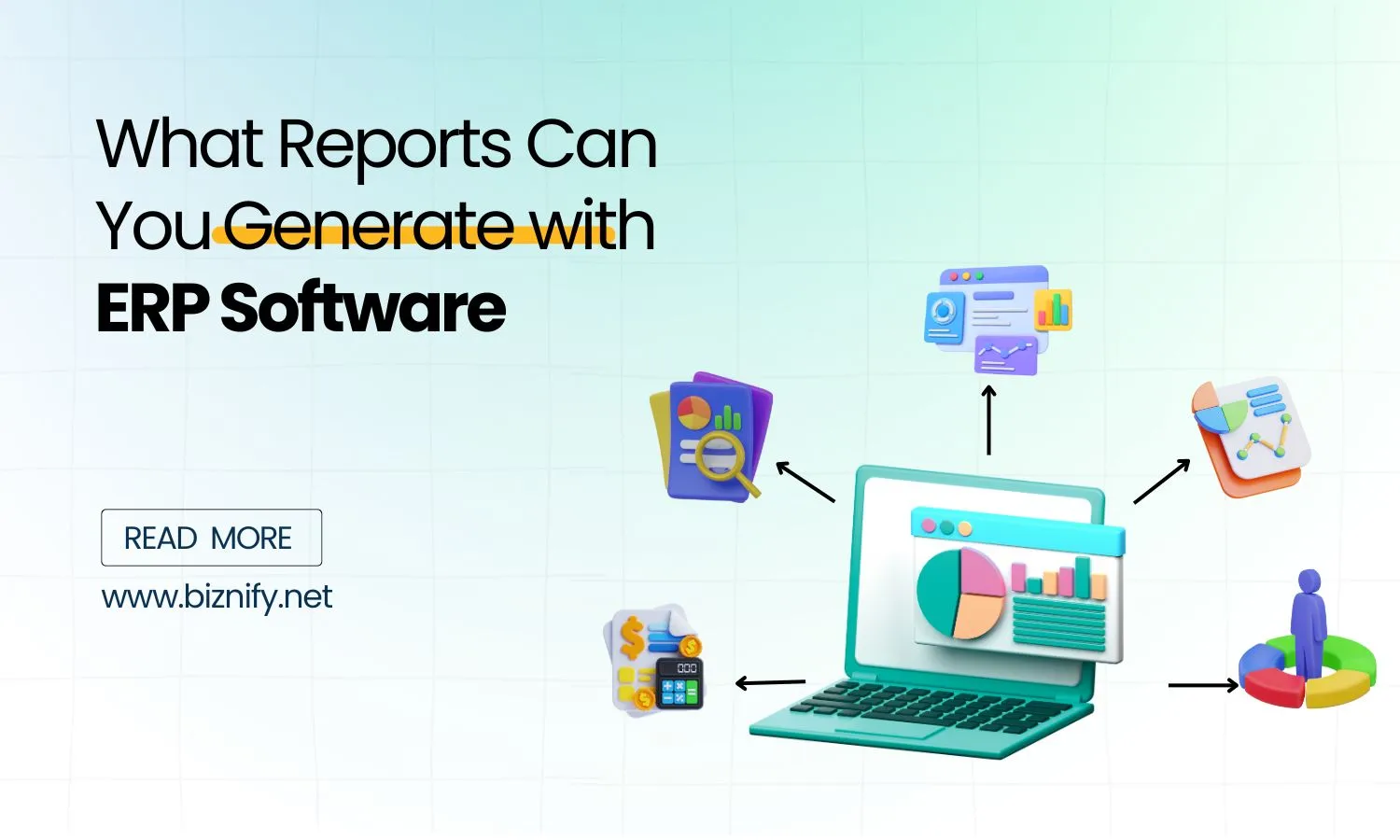
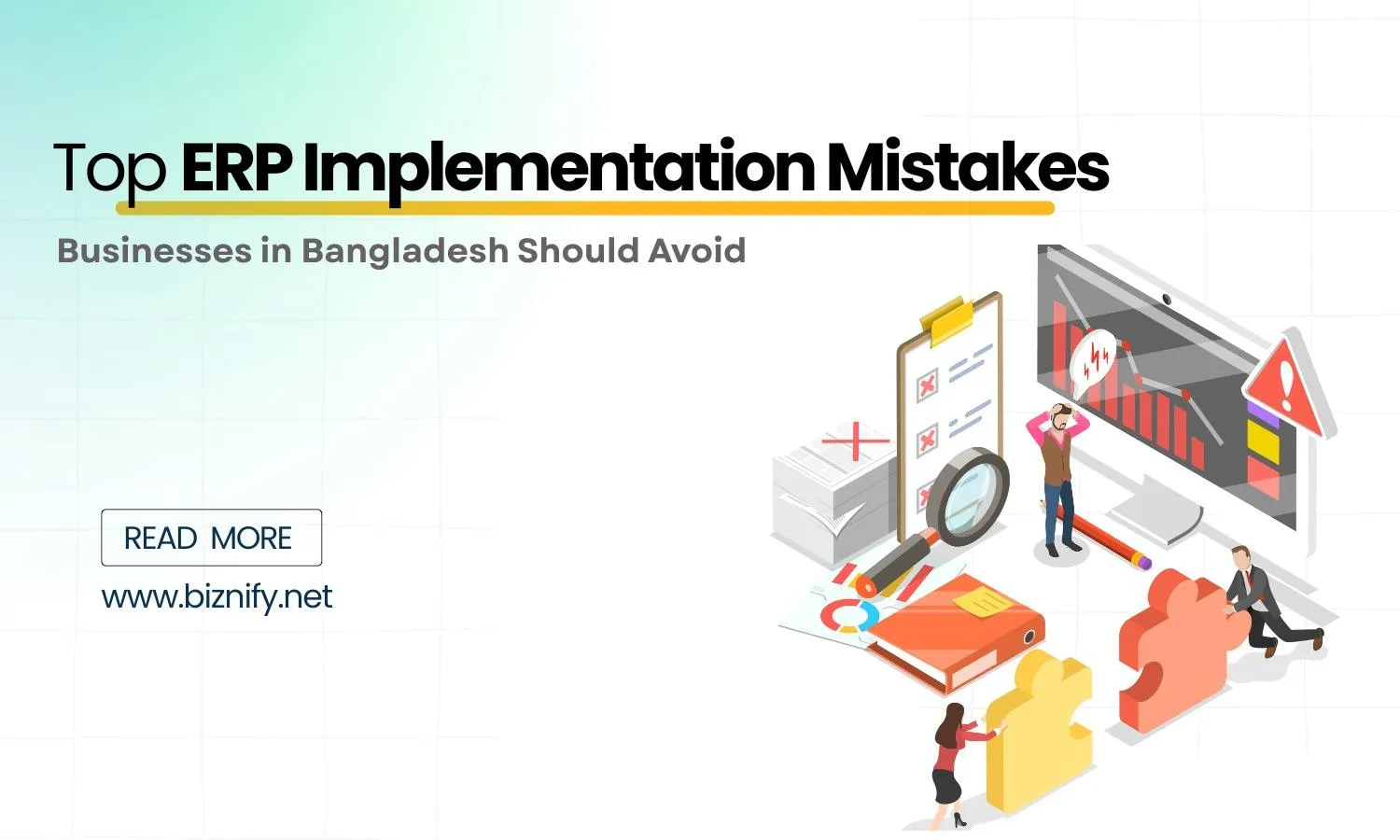
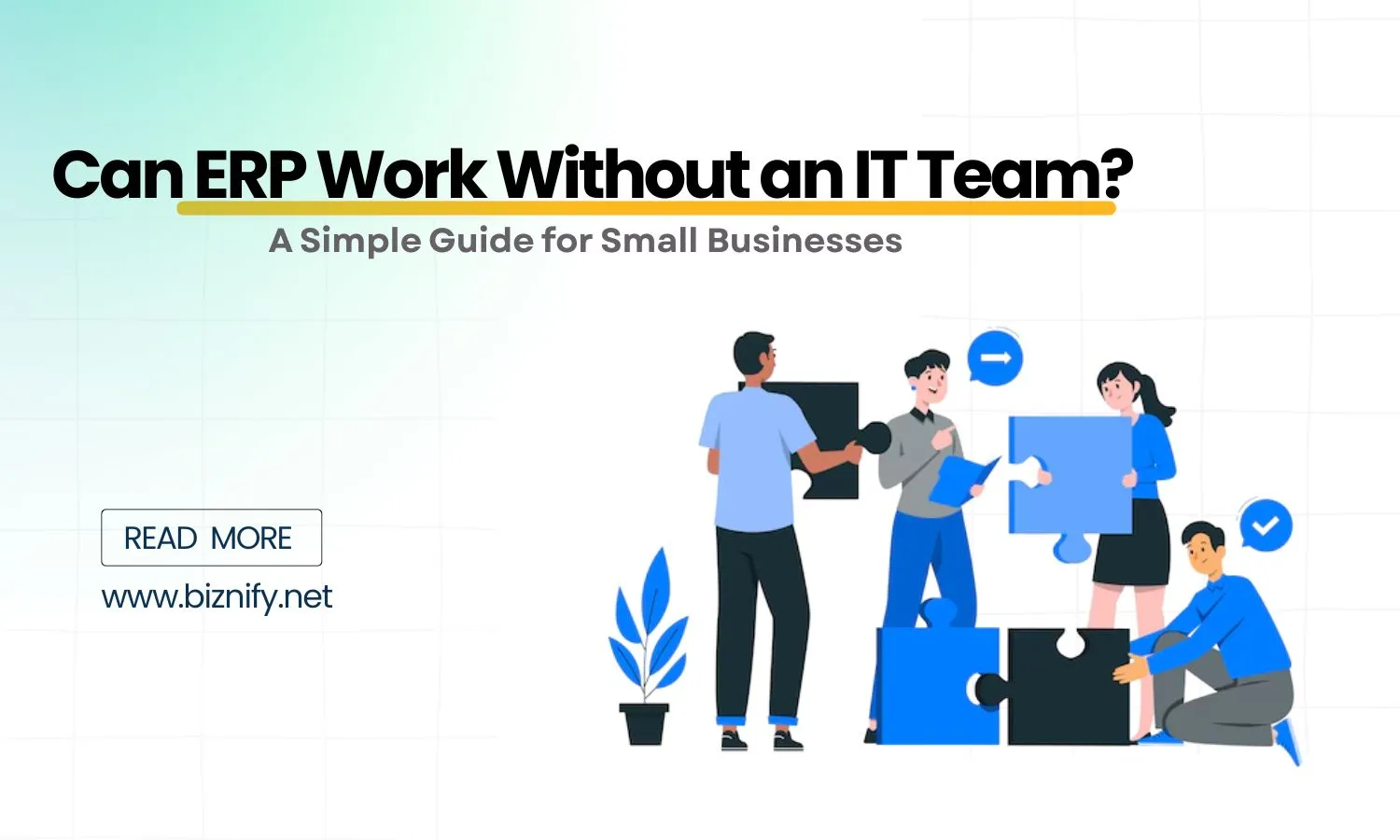
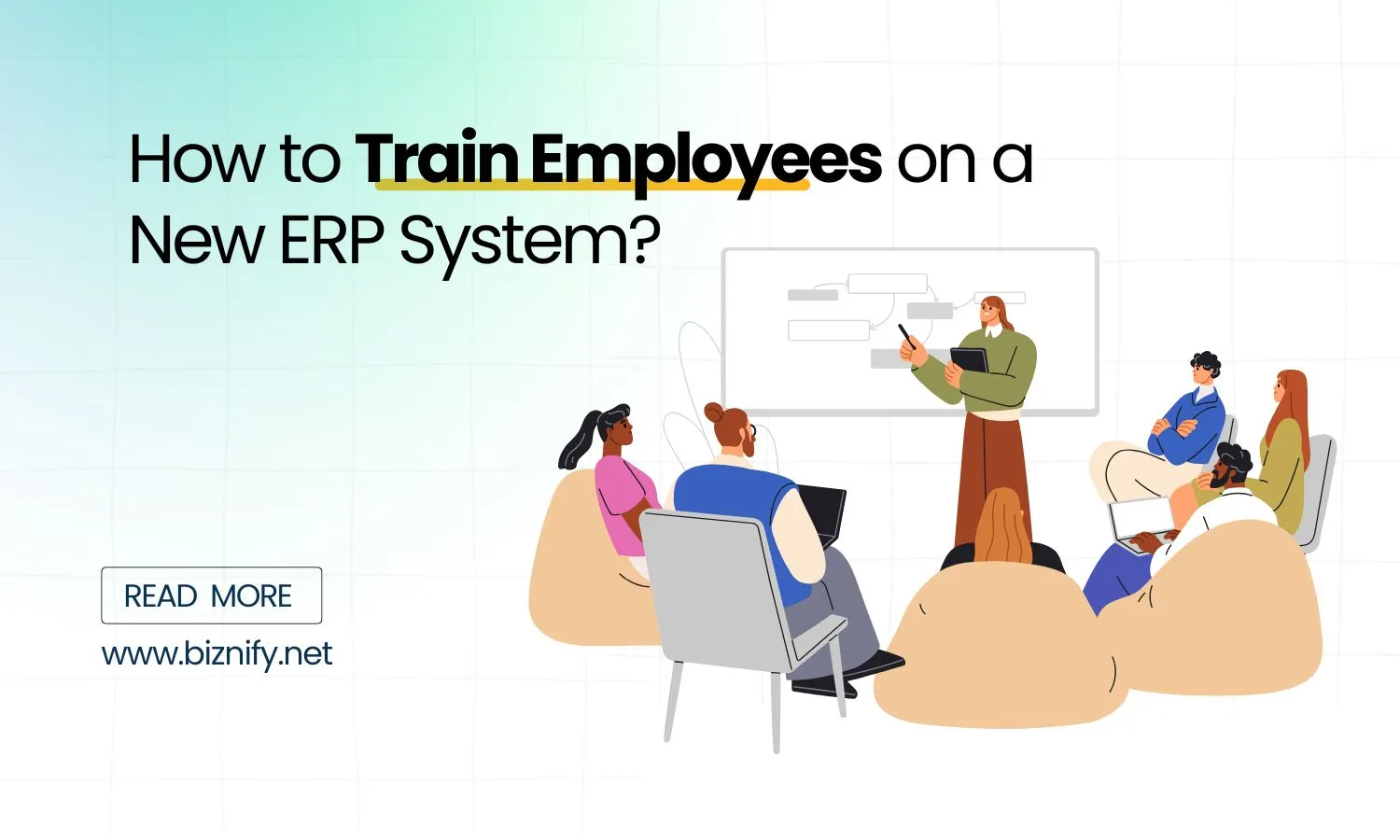
Just exploring ERP or unsure which modules you need? The Biznify team’s here with straight answers.